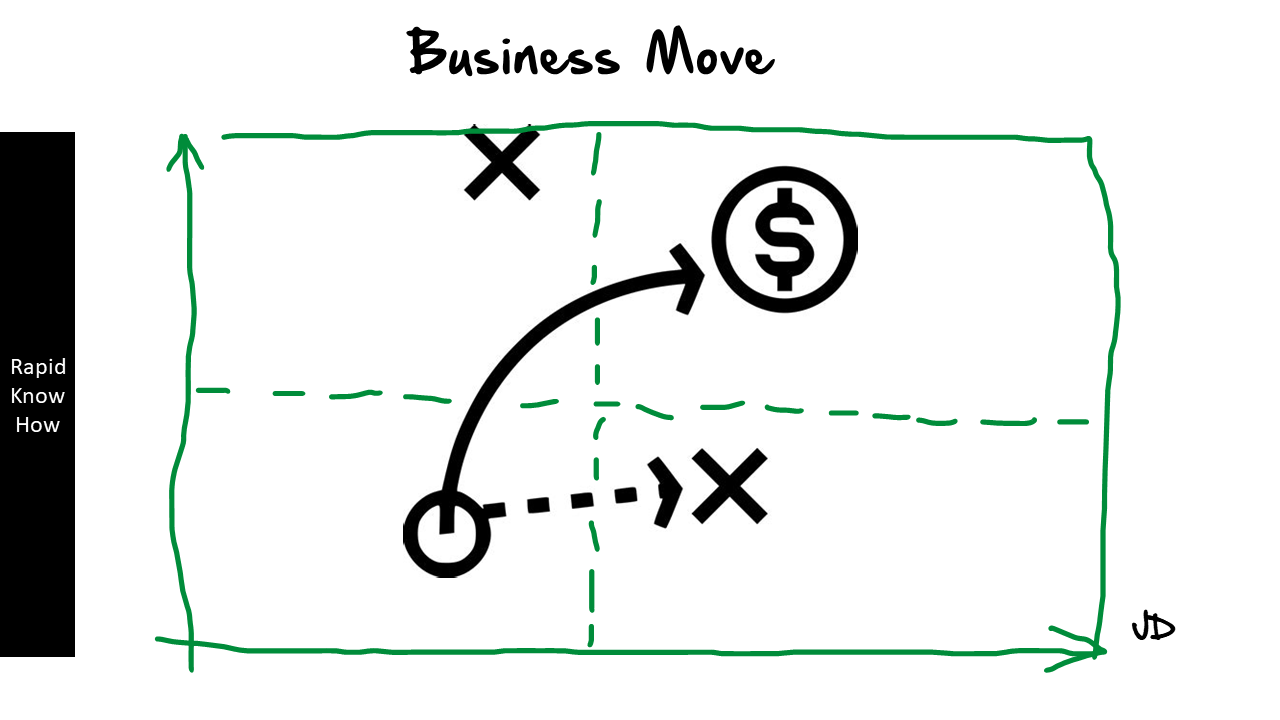Why No System Survives the Shift into the AI-Age**
🪙 I. The Universal Law of Systems: All Things Must End
History does not move in straight lines. It flows in cycles — emergence, expansion, dominance, decline, and dissolution. Empires once thought immortal shattered into dust. Nations split. Conglomerates fragmented. Parties fell into irrelevance. Family dynasties faded into obscurity. And today, as we enter the AI-driven era, even the most powerful systems — political, economic, ideological, familial — face an existential challenge:
AI transforms power — and when power shifts, systems collapse or reinvent themselves.
Empires collapsed because they could not master logistics, economy, culture, or resistance.
Companies collapse because they cannot master intelligence, data, and adaptability.
Parties collapse because they cannot master the trust of citizens.
Nations fail not when their flags fall, but when their meaning disappears.
What we are witnessing is not just change. It is systemic replacement.
Empires → Economic Networks
Companies → AI & Platform Ecosystems
Parties → Micro-choice societies
Family Networks → Digital Tribes & Value-Based Clusters
No traditional institution is built to survive the age of adaptive intelligence, real-time data, and self-optimizing ecosystems.
⚔ II. How Systems Die — 3 Universal Patterns
Whether ancient empire, modern democracy, global conglomerate, or family dynasty, systems do not die randomly. They die in familiar patterns:
| Type of End | Mechanism | Example |
|---|---|---|
| 💣 Destructive Collapse | Fear, denial, centralization, refusal to adapt | Nazi Germany, Soviet Union |
| 🧊 Implosion | Irrelevance, no defenders, slow decay | Kodak, PanAm, Communist Europe 1989 |
| 🔥 Fragmentation | Breakup into competing parts | Yugoslavia, GE, AT&T, traditional media |
| 🚪 Integration | Absorption into larger, smarter systems | Instagram → Meta, Austria 1938, WhatsApp |
🏛 III. The End of Empires & Nations
Empires fall not because they are defeated, but because they outgrow their purpose.
- Rome fell when bureaucracy, corruption, and debt replaced expansion and civil unity.
- The Austro-Hungarian Empire fell when its ethnic, economic, and cultural complexity exceeded its governance capacity.
- The Soviet Union fell not on the battlefield — but in boardrooms, living rooms, and empty supermarkets.
Political systems die not by invasion — but by losing internal meaning.
Today, nation-states face the same threat. Their monopoly on economy, education, defense, and identity is eroding:
| Traditional State Role | Replaced By |
|---|---|
| Security | Private security, NATO, cyber-intelligence firms |
| Education | AI Tutors, online credentials, skills marketplaces |
| Currency | Crypto, Digital Euro, Mobile money ecosystems |
| Health | Self-tracking, digital prevention, data-driven AI health |
When AI knows more about your health than your government,
When your digital credential has more value than your passport,
Then nationhood becomes administrative, not identity-forming.
Nations won’t disappear.
But their role will shift — from identity to admin.
From system of belonging to system of service.
🏢 IV. The End of Conglomerates, Concerns & Companies
Companies once dominated economics through size, capital, and infrastructure.
In the AI-age, these don’t matter as much.
The new currency is intelligence, adaptability, and network positioning.
That’s why:
- Airbnb overtook Hilton — without a single hotel.
- Tesla overtook Mercedes — without 100 years of engineering legacy.
- OpenAI overtook IBM Watson — without a corporate empire.
Conglomerates die when:
- They move slower than the problem they solve.
- Their brand loses trust faster than their systems can respond.
- Their business model is not AI-adaptive.
AI doesn’t simply optimize corporations.
It replaces them with ecosystems.
| Old Company Model | AI Ecosystem Model |
|---|---|
| “We produce and sell” | “We connect, predict, and orchestrate” |
| Supply chain | Value network |
| Employees | Human + AI hybrid teams |
| Product life-cycle | Real-time learning model |
| IP protection | Open-source plus agility |
Companies will not die because of digitalization.
They will die because they do not know how to become ecosystems.
🗳 V. The End of Political Parties
Political parties were once the engines of collective will, social ordering, and identity.
Their decline is not ideological. It is functional.
- Representation has shifted from parties to platforms.
- Political trust is replaced by algorithmic relevance.
- Collective identity has turned into individual preference.
AI is not just analyzing ideology.
It is replacing ideology.
| Old Identity | New Identity |
|---|---|
| Nation | Digital tribe |
| Party ideology | Personal preference |
| Leadership figure | Algorithmic guidance |
| Civic choice | Real-time choice |
Political parties collapse not when people vote against them, but when people stop believing that politics solves their problems.
What replaces political parties?
👉 Community Governance, Smart Cities, AI Negotiation Systems, Citizen Scores
The future of politics is not left vs. right.
It is coordinated intelligence vs. exhausted administration.
🏛 VI. The End of Institutions
Institutions are built to preserve, not to adapt.
They die when “preservation” becomes more important than “relevance.”
| Institution | Symptom of decline |
|---|---|
| Church | Clergy knows less about beliefs than Google |
| University | Students learn more on YouTube & ChatGPT |
| Social Welfare | AI knows needs better than government systems |
| Media | Journalists are slower than citizen reporting & AI |
An institution dies not when its building closes,
but when its monopoly on truth, trust, or validation is gone.
Universities are not dying because education is weak —
they are dying because they no longer issue the most valuable credential: competence.
🧬 VII. The End of Family Networks & Power Clans
Historically, family networks controlled land, influence, religion, and succession.
Today, influence is fluid — digital tribes outperform bloodlines.
Elon Musk is not powerful because of dynasty.
Greta Thunberg has no family fortune — only networked influence.
Family, as a social system, will survive.
As a power structure, it already died.
Power no longer runs through blood.
It flows through platform, network, and intelligence.
🧠 VIII. Why Systems Don’t Notice They’re Dying
Systems do not die suddenly.
They slowly lose relevance while still looking “alive.”
| What people see | What is actually happening |
|---|---|
| Offices open | Value creation stopped |
| Leaders speak | No one listens |
| Brand still known | Trust has moved |
| Regulators defend industry | Customers already left |
A system does not die when it fails —
but when it refuses to reinvent itself.
🌱 IX. What Comes After the End?
From Systems to Ecosystems
The AI-age does not destroy — it reconstructs.
It replaces rigid organizations with living, adaptive architectures.
| Old World | New World |
|---|---|
| Institution | Living Network |
| Company | Ecosystem |
| Party | Citizen Intelligence System |
| Nation | Smart Governance |
| Family | Shared Values & Digital Tribes |
🧭 X. The Strategic Final Principle
The future does not belong to those who defend systems —
but to those who build ecosystems.
Empires failed because they could not adapt.
Companies will fail for the same reason.
Political parties, universities, bureaucracies, family dynasties — same story.
Adaptation is no longer a choice — it is the only form of survival.
🚀 The Path Forward — Where You Stand
| Do you protect a system? | Or do you build an ecosystem? |
|---|---|
| Fight for legacy? | Design new value creation? |
| Save industries? | Architect AI-powered solution networks? |
| Preserve identity? | Create dynamic belonging? |
| Manage institutions? | Build transformation systems? |
Legacy is not what you keep.
Legacy is what you build — that replaces what was.





